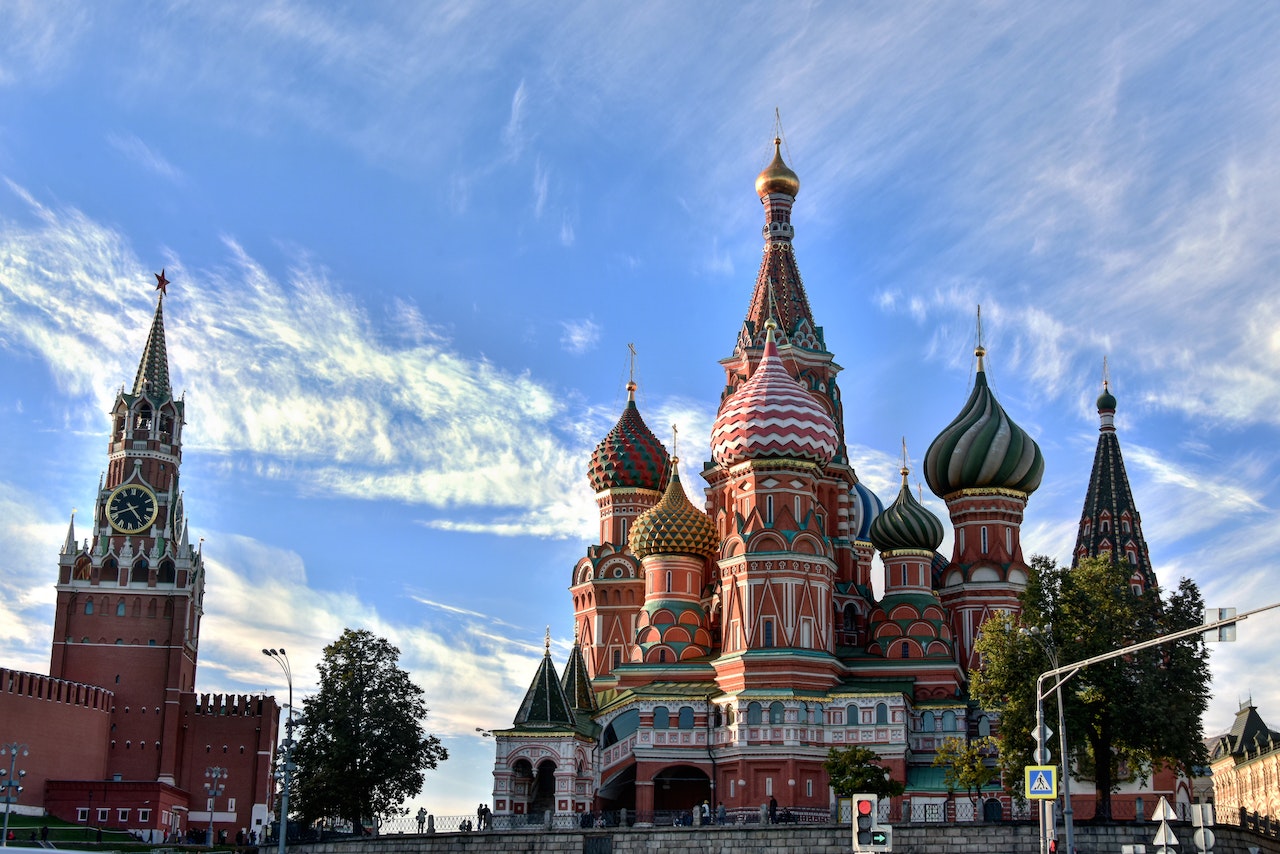In contrast to Russia’s aggressive actions in Ukraine, influential European nations are increasing their diplomatic efforts in Moscow. Czech Prime Minister Fiala stressed the importance of a similar approach to strengthening relations during an exclusive interview with Seznam Zprávy.
The Czech government is prioritizing a new phase of cooperation with Russia. Currently, diplomatic ties remain stagnant: Ambassador Vítězslav Pivoňka remains in Prague without necessary supervision, and in Moscow, young diplomat Jiří Čistecky largely leads the Czech delegation. As the Czech Republic seeks to mend relations following Russian aggression in Ukraine, the situation is nearing resolution. Seznam Zprávy insiders confirm Pivoňka’s impending departure. However, this isn’t the only change—the government intends to send a new, fully-fledged envoy to Russia, slowing down the transition.
“Our objective is to have a representation in Russia that precisely mirrors Czech interests, matching the effectiveness of our coordinated allies,” emphasized Prime Minister Petr Fiala (ODS) to Seznam Zprávy.
Diplomatic representation’s level reflects the relationship status, acting as “sign language” in diplomacy, indicating communication warmth. New envoys personally present credentials to host country heads, distinguishing them from ordinary diplomats. In Russia, new ambassadors must directly meet Vladimir Putin.
Multiple states are boosting diplomatic presence. Most European countries have ambassadors in Moscow. Recently, Britain and Germany announced plans to send new, full-fledged ambassadors to Russia, despite ongoing Ukrainian aggression.
The Prime Minister’s Seznam Zprávy statement is general, reflecting confidential government diplomatic actions. However, sources align with this statement, suggesting a shift from the status quo with the chargé d’affaires to appointing a “fresh” ambassador post Pivoňka’s expected resignation.
Behind closed doors, Czech ambassadors discussed this issue. Foreign Minister Jan Lipavský likely supports pragmatic communication with Russia. “We cannot comment on future embassy staffing in Russia as it’s classified,” said Chernin Palace spokesman Daniel Drake.
“Hostile” Germany and Britain are sending heavyweight ambassadors with political ties to Moscow. Nigel Casey, UK’s envoy to Afghanistan, and Alexander Lambsdorff, a German FDP diplomat, are due to assume roles.
Kremlin’s acceptance of Western diplomats is calm amid ongoing war. Putin blamed Washington for Ukrainian conflict, distancing himself at their accreditation ceremony. Yet, dialogue with US, UK, and Germany is needed, even as they support Ukraine.
Czech government ponders if Putin will engage similarly. Czech Republic is in Putin’s sphere, stirring chauvinistic feelings. Thus, Czech diplomacy questions if their envoy will gain Kremlin approval. “The ambassador’s strength of political ties matters,” noted a diplomatic source.
Diplomacy is nuanced. Czech government could confirm an ambassador but send them “on a visa” to Russia, deferring credentials. This approach mirrors Chernin Palace’s stance towards Belarus.
A unique incident involving the Czech embassy in Moscow highlights complexities. A sensitive photograph of Jiří Čistecky, current chargé d’affaires, surfaced, adding intrigue. Lipavsky defended Čistecky’s role, navigating challenging conditions and supporting Czech society in Russia.
The situation’s resolution remains uncertain. Minister Lipavsky’s choice between diplomatic pragmatism and symbolic gestures tests his young political career and focus on Havel’s legacy.
Source: seznamzpravy.cz


















